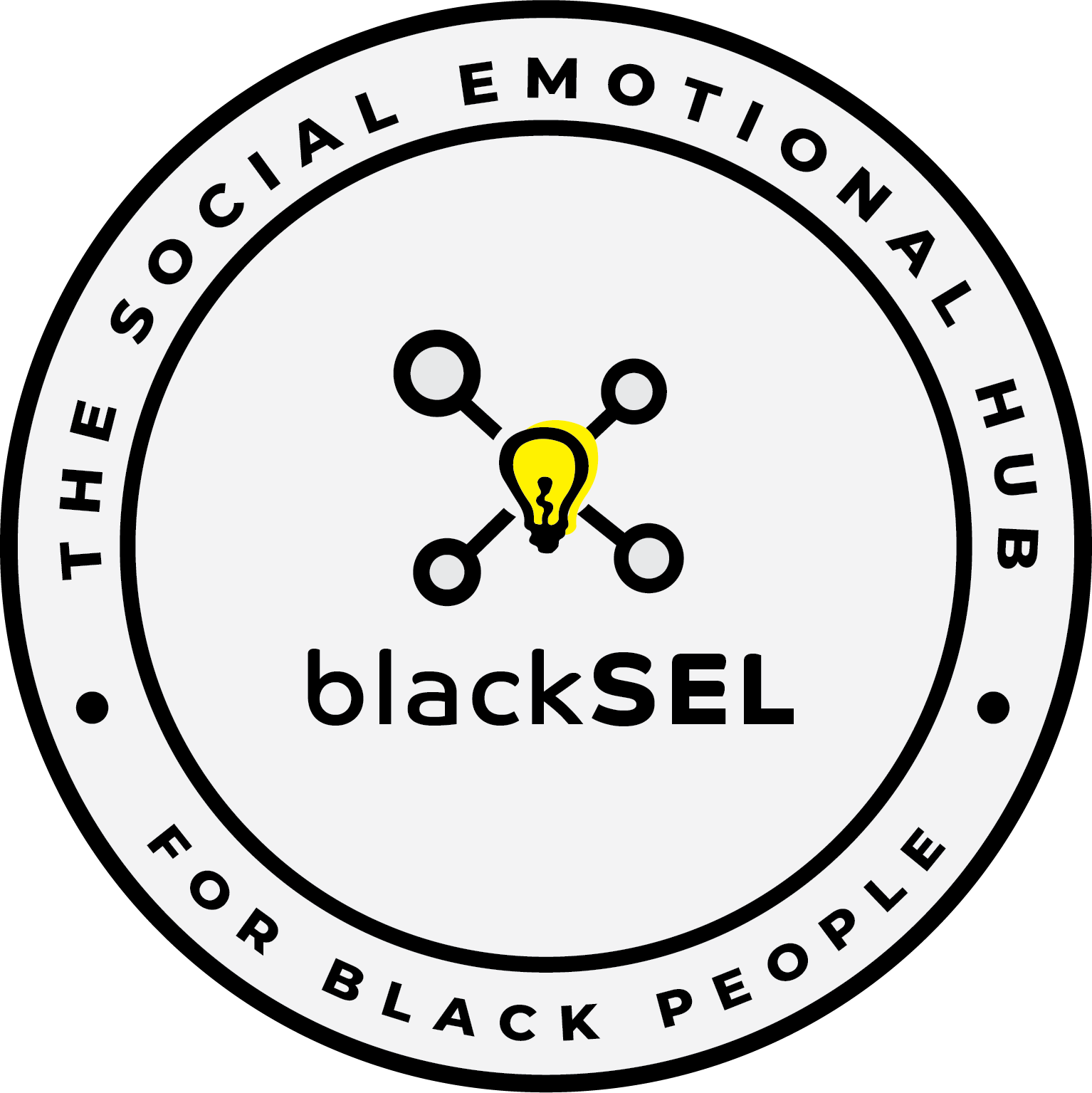Black children often face many challenges that can lead to trauma. This blog explores the crucial role of Social-Emotional Learning (SEL) in addressing and healing trauma within black communities. By delving into the intersection of SEL and trauma recovery, we intend to share effective strategies to support and empower children of color on their journey of resilience and well-being.
Social-emotional learning (SEL) is the process of skill acquisition, knowledge, and attitudes essential to managing emotions, demonstrating empathy for others, setting and achieving goals, making responsible decisions, establishing, and maintaining positive relationships. Addressing trauma through social emotional learning involves emotional regulation, fostering resiliency, building healthy interpersonal connections, promoting mental well-being, and coping strategies to support people in processing and overcoming the effects of trauma.
In the United States, black children are disproportionately more likely to experience trauma (childhood adversity)compared to their white counterparts, according to the research led by McLean Hospital. (Racial Disparities in Childhood Adversity Linked to Brain Structural Differences in US Children) The study also suggests that these inequities manifest in alternation to brain regions associated with psychiatric conditions such as post-traumatic stress disorder (PTSD). Black children often face
compounded and unique challenges due to historical trauma, socio-economic disparities, and system inequities. The historical inequities and institutional factors impact their sense of identity, well-being and security.
SEL interventions offers a healing path and empowerment for all children, especially black children affected by trauma. A supportive environment fostered by SEL cultivates a sense of belonging, validates their experiences, and enables them to build healthy relationships thriving despite adversity. It represents a vital step towards addressing the needs of black children and promoting holistic well-being.
SEL also provides children with skills such as self-awareness, building relationships, social awareness, self-management, and responsible decision making. These are essential tools needed to cope with trauma. The following research and others supports the effectiveness of SEL in promoting well being and mental well-being.
- “The Role of Social-Emotional Learning in Reducing Mental Health Disparities Among Black Youth” (Williams & Johnson, 2020)
- Culturally Responsive Social-Emotional Learning Intervention for African American Adolescents Experiencing Trauma: A Pilot Study” (Smith et al., 2019)
- The Impact of Social-Emotional Learning on Academic Achievement: A Longitudinal Analysis of SEL Program Outcomes” (Jones et al., 2017)
The research provides evidence of the positive impact of SEL on trauma recovery and mental well-being among black children.
Addressing the stigma associated with mental health and is a pivotal step in the transformation of SEL in black communities and dismantaling barriers in trauma healing. We must strive for equitable access to resources and support services for children in trauma.
In conclusion, SEL is crucial in healing of trauma with black children, providing a route to empowerment, holistic well-being and resilience. We must prioritize and invest in culturally responsive SEL initiatives is essential. Collaboration and dialogue can support the thriving of black children, creating a future when trauma is met with understanding, compassion, and healing.
—
Written By:
Tamera Foley, Ph.D.
Educational Consultant & Author, Education 4 All Now LLC
education4allnow.org
Dr. Tamera Foley began her professional career in education in Unit District Number Five in Normal, Illinois as a Special Education Resource Teacher in 1981. She then moved back to her hometown of Rockford, Illinois, and spent fifteen years in the Rockford Public School District in various roles: Cross Categorical Special Education Teacher, Fifth Grade Teacher, and Assistant Director of Saturday School, Assistant Principal, Principal, and Special Education Coordinator. During the fifteen years, she continuously participated in and conducted trainings. She also completed her Master’s Degree and her Administration Degree. Dr. Foley was awarded with the Golden Apple for Excellence in Teaching, Distinguished Educator Award from the Rockford Branch of the NAACP, Special Thanks for Special People Award from the Parent Council of Rockford Schools, and the For Kids’ Sake Award.
Dr. Foley completed her work in Clayton County Public Schools in June of 2017 and now spends her time dedicated to her passion. As a life-long learner, she has presented to students in Limon, Costa Rica through an invitation from the United States Embassy. Dr. Foley spent a month exploring special education supports and services in Hungary and the Czech Republic through a Fulbright Scholarship. She has held various positions in Clayton County to include Director of Learning Support, Director of Student Services, and served as the Executive Director of Teaching and Learning. Dr. Foley has lead district initiatives such as the implementation of the school-based health center-The Family Health Center at North Clayton High School, Asthma Friendly School Initiative, Georgia Commute Options, Positive Behavior Interventions and Supports, Social Emotional Learning, Implementation of Kurzweil to improve student and parent literacy, dropout prevention, literacy, and other initiatives that have a direct impact on the teaching and learning of students in Clayton County Public Schools.
Dr. Foley is passionate about her work with students and is an advocate of all students.





